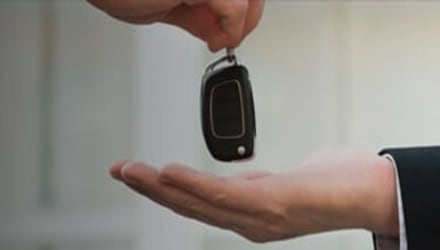Taxation and vehicle usage
Company cars are usually given to employees for combined business and private use, however on occasion they can be given for business-use only. The tax implications for employees is very different depending on whether the vehicle is used solely for business purposes or for personal uses as well.
Although a somewhat difficult test to pass, if your employer can demonstrate the vehicle is ‘not available for personal use’, there will be no BIK (company car tax) payable by you. The ‘pass or fail’ test the HMRC applies is whether the vehicle is ‘available for private usage’ (so, the car must not be parked at your home overnight, not be driven between work and home or visa-versa etc.). In addition, it must also be insured for business-only usage. These rules apply also to pool cars (i.e. where more than one employee is using a vehicle). Such strict business-only is very unusual, however.
If you use the company car for a mix of business and private use, the HMRC sees this as a bonus of your employment and you must pay BIK on it. This amount is usually deducted from your monthly salary/wages.



















